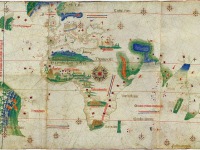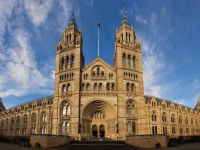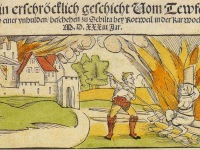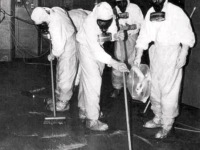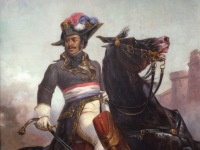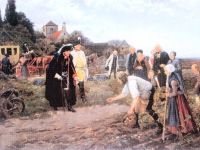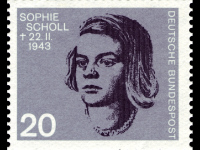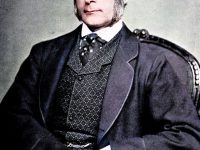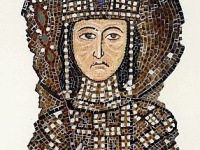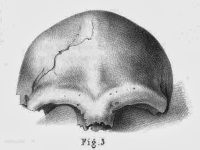How the Pope divided the New World among Spain and the Rest of the World
On May 4, 1493, Pope Alexander VI issued the papal bull ‘Inter caetera‘ (Among other [works]), which granted to the Catholic Majesties of Ferdinand and Isabella of Spain all lands to the “west and south” of a pole-to-pole line 100 leagues west and south of any of the islands of the Azores or the Cape Verde islands. It established a dividing line between the Castilian and Portuguese spheres of power. No Agreement between Portugal and Spain…
Read more

